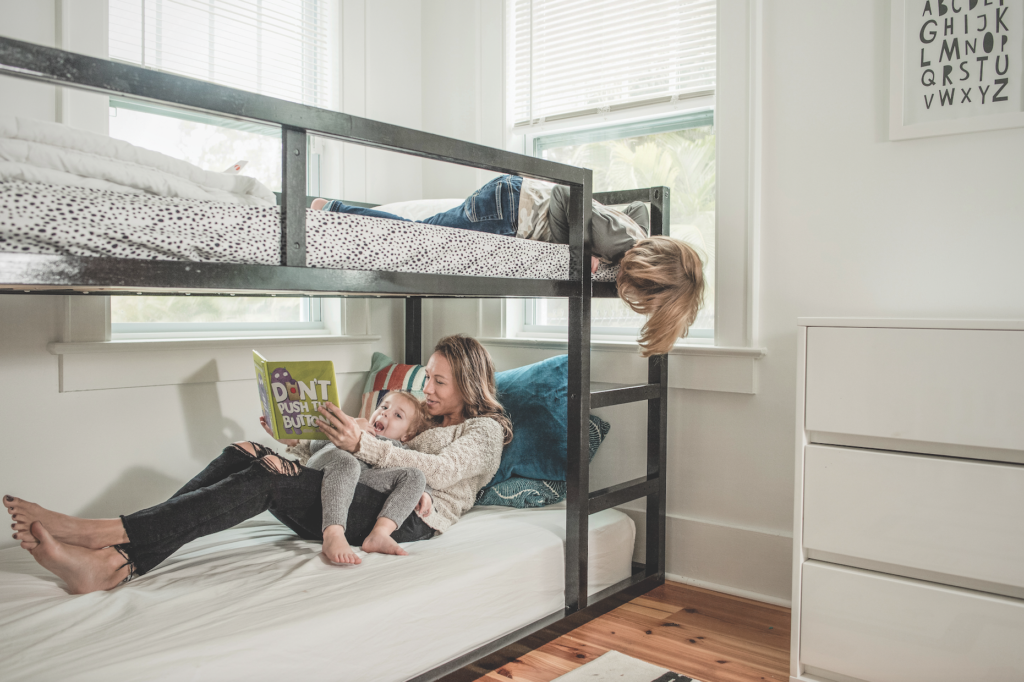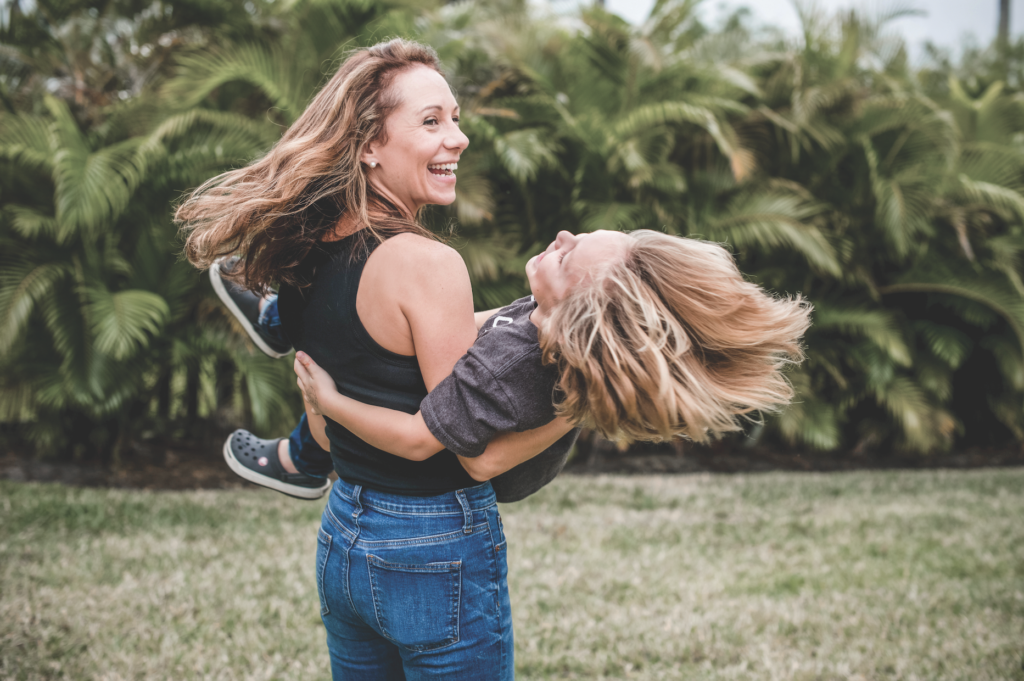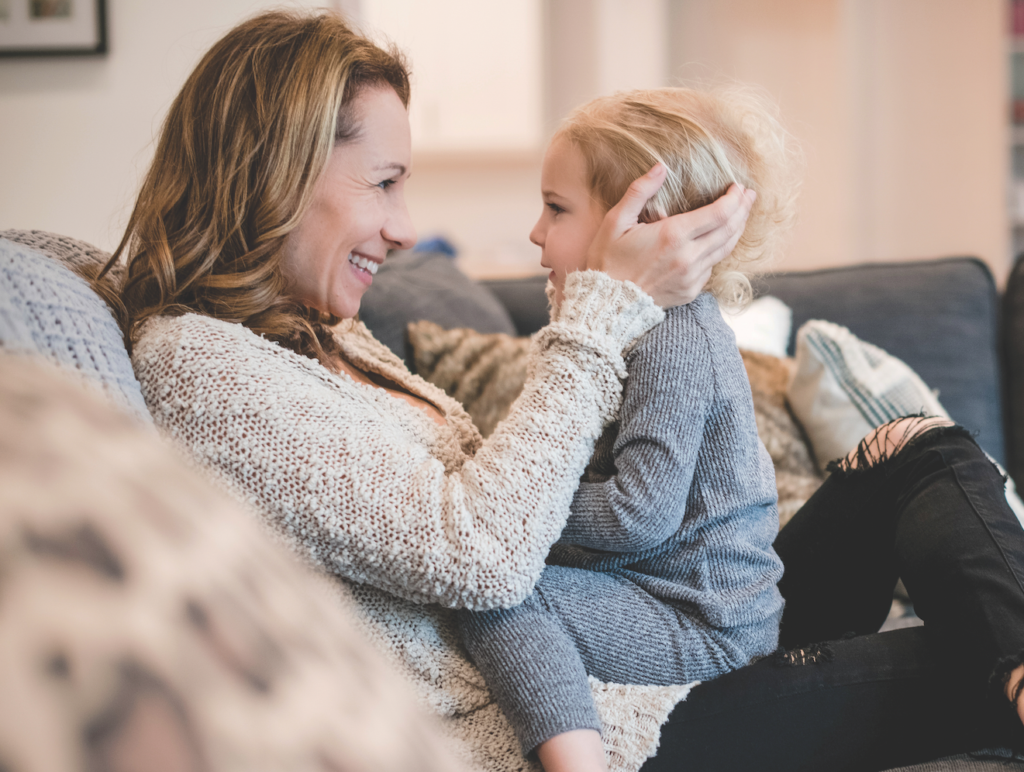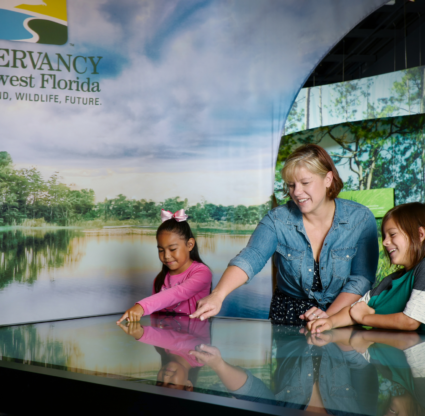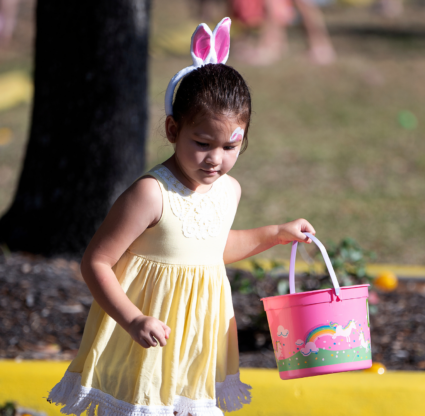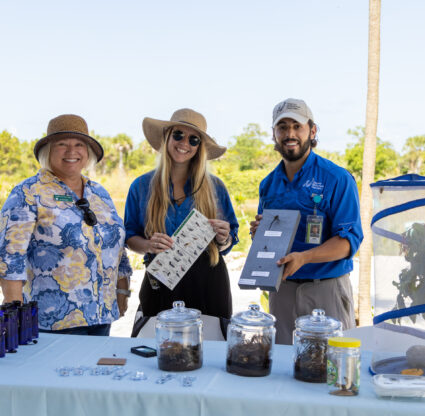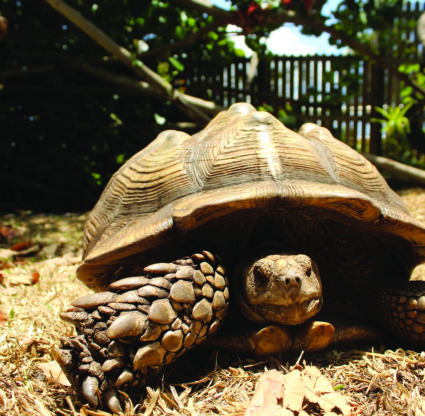During house calls for newborn babies, pediatrician Dr. Sara Lane rings the doorbell wearing an N95 mask. She arrives with a baby scale under one arm and a diaper bag in the other that’s filled with monitors, a stethoscope and a laptop for taking notes. “I’m in the market for a fancy wheeled bag, but I haven’t gotten there yet,” she says with a laugh.
The Fort Myers native and single mother of two, 5-year-old Ryan and 2-year-old Sydney, launched Lane Pediatrics in 2014. Now, she offers direct primary care, with services starting at $100 per month for unlimited access to appointments. That includes her cell phone number, where she can be reached with questions about anything from medical concerns to prescription refills. “It’s like having your best friend who’s a pediatrician,” she says.
When COVID-19 became a concern last February, Lane received an influx of calls and texts from her patients with questions about the virus and queries regarding tests, which Lane was able to administer to families. She became the unofficial COVID-19 advisor at Saint Michael Lutheran School, where her kids attend. During the summer, she spent hours researching the reopening plans for schools around the country and reviewing Centers for Disease Control and Prevention (CDC) guidelines with the school’s principal and nurse to implement a plan for a safe reopening.
Before switching to concierge medicine, Lane spent five years running a larger, insurance-based practice in Estero, where she juggled more than 1,700 patients: “I distinctly remember having a newborn and a toddler, and the toddler would sit on my bed watching the iPad while I nursed the baby to sleep in the rocker. Then I’d put the baby down, and crawl in bed with my toddler with my laptop to do three hours of work while he fell asleep.”
Lane decided the demands of her job were no longer sustainable with two little humans at home. She discovered a business model on a Facebook group for doctor moms and used it to revamp Lane Pediatrics. Now, she can cut insurance companies out of the equation and works with less than 200 kids throughout Lee and Collier counties. While it took years for Lane to find the right approach for her practice, she can’t recall a time when she didn’t want to be a pediatrician. With a father who is a physician and a mother who was a pediatric nurse, Lane was exposed to the medical field at a young age. This groomed her to become the go-to babysitter for her extended family, family friends and neighbors. “I’d be 13 watching six kids,” she says. “I always loved kids and babies, and I’ve always been good with them.”
Lane graduated from University of Miami, completed medical school at University of South Carolina and did her residency at the All Children’s Hospital in St. Petersburg. But she feels the best education was becoming a mom herself. “I’m able to empathize a lot more with what my families are going through,” she says. “Ryan, in particular, was an incredibly difficult infant, and for the moms in my practice who had kiddos like that, it has meant a lot that I really do get how tough that can be.”
Noting some of her most important victories as a pediatrician, Lane recalls helping a child with uncontrollable asthma manage the disease enough to play sports; identifying a child’s attention deficit hyperactivity disorder (ADHD) and providing him with the help he needed to excel at school; and recognizing a new mom’s struggle with postpartum depression and helping her enjoy life again.
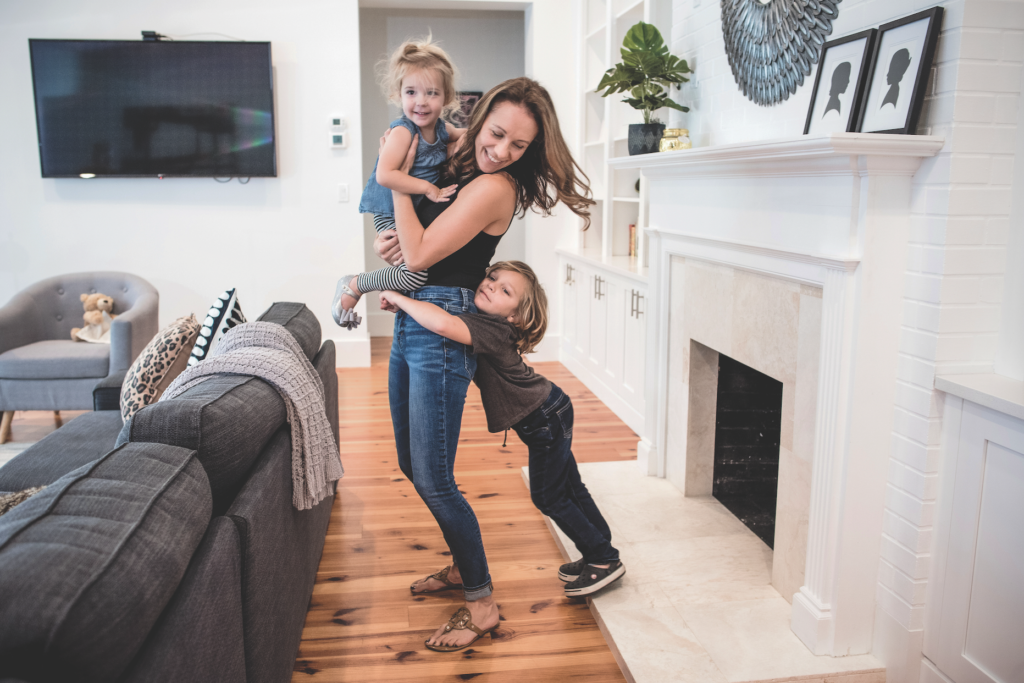
When she isn’t helping other families, Lane is working on being present with her own. Throughout this past year, Lane and her kids have bonded during daily walks, bike rides and visits to the park. “I’m not sure that a true balance really exists,” she says. “I think some days you give more to your family, and some days you give more to your job. I think the goal is to feel like you’re not shortchanging either.”
Keeping Your Family Safe in a Post-Pandemic World
As we navigate COVID-19, Dr. Sara Lane offers tips to stay safe now, along with best practices that can keep your kiddos healthy in the future.
Be intentional about setting an example
Lane says kids are receptive to a “this-is-what-we-do” attitude. So, when it comes to things like wearing a mask, “how we present things as adults is a huge factor,” she says. “If they see us whining and complaining and picking at our mask and taking it off and going, ‘Oh, this is so terrible’, they’re not going to buy in.”
Keep what works
Parents find that during the pandemic, kids are getting sick less. Adopting best-practices from our COVID-19 experience can help protect your family in the future, even against minor illnesses like the common cold. Stress the importance of handwashing for at least 20 seconds (sing a song to make it fun for them). Now is also a good time to brush up on the proper way to cough, sneeze and blow little noses, so they’re not spreading germs. And instruct them to give friends space when they’re doing the same. Bugs often spread when we touch contaminated surfaces and then our faces. Help your little one build habits to avoid any face touching, as a rule of thumb. Continue to disinfect high-touch areas in your home often, and remind your children to be mindful when touching door knobs, faucets and other high-contact areas in public.
But don’t overdo it
According to Lane, a bit of dirt can’t hurt. “You don’t want to overly sanitize [your child’s] environment because we know that a lack of ‘normal’ germ exposure may be related to increased sensitivities and allergies,” she says. So, while Lane condones cleaning, she says wiping off groceries or leaving mail outside for three days can be excessive, especially because COVID-19 is “transmitted almost exclusively from person to person, and very minimally transmitted via surfaces.”
Focus on the positives
Lane suggests one of the best lessons for kids this year has been learning to be flexible throughout the constant changes with virtual learning and protocols. “My children’s school music classes are outside so they can space out and be a little more vocal without being worried about sharing germs,” she says. “All of our schools and teachers have been so awesomely creative in figuring out new ways to do school and normal activities.”
Photography: Anna Nguyen


